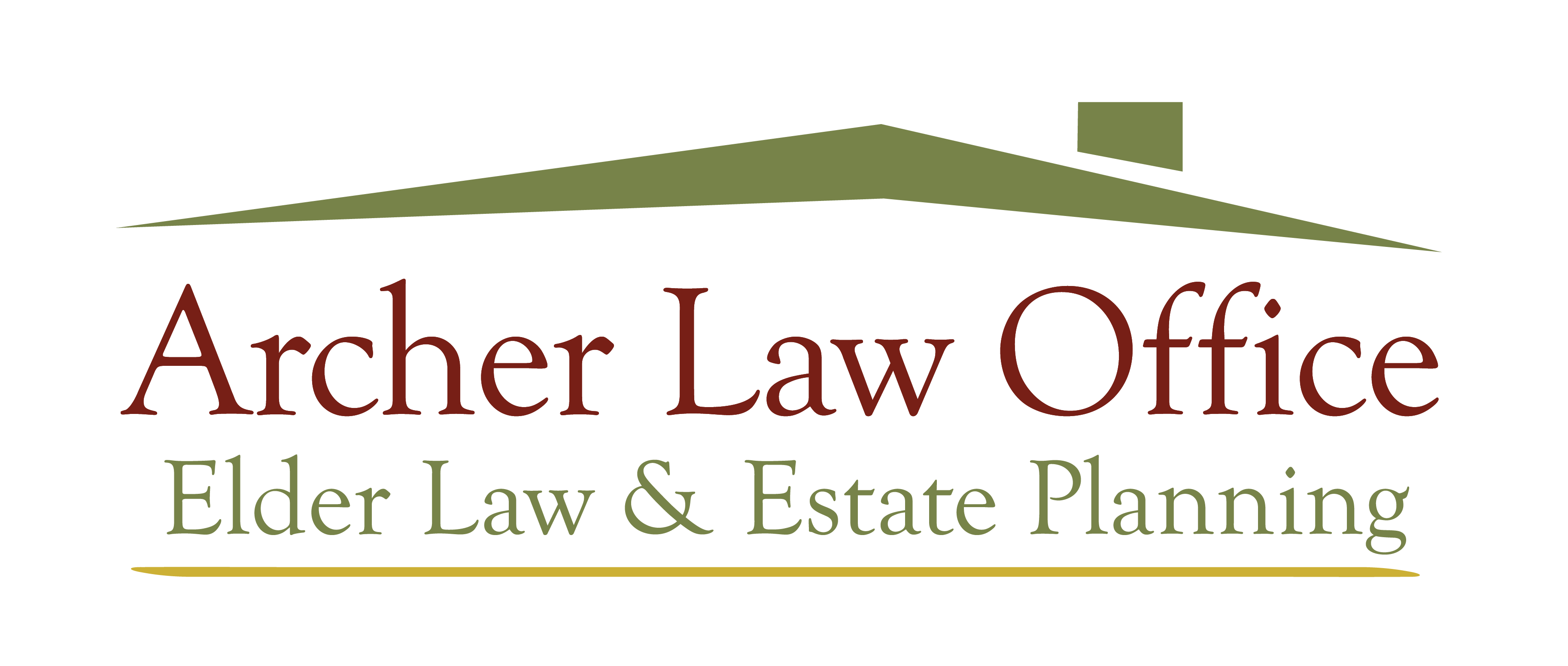Medicaid Planning: New Jersey vs. Pennsylvania
Having an office in Mercer County, I occasionally get clients who live in one state but for one reason or another (family, finances) are considering moving to the other. They will often look for the most advantageous location they can find, taking into consideration their financial circumstances and the level of care needed. There are a number of important differences between Pennsylvania and New Jersey Medicaid practice, but these two come into play most often.
First of all, a client who needs assisted living care may want to consider staying in New Jersey rather than moving to Pennsylvania. In New Jersey, assisted living care is covered under the Medicaid comprehensive waiver (what used to be called the “Global Options” program before December of 2014). This is not to say that the program is a breeze to join, or that eligibility is any less byzantine than Medicaid eligibility in a skilled nursing facility, but at least it's possible. In Pennsylvania, assisted living facilities are not covered by Medicaid. Applicants can either receive some care at home, or they can go into a skilled nursing facility. The middle ground is not covered in Pennsylvania.
By contrast, a couple whose assets are largely held in retirement accounts (known by financial types as “qualified plans”) may want to consider moving to Pennsylvania. In New Jersey, retirement assets are considered available for spending on medical care. Of course, spending this money usually accompanies substantial tax liability, and leaves a community spouse without the advantages of the tax savings they've accumulated over the years. In Pennsylvania, though, a community spouse's qualified plans are not countable assets. I anticipate in the coming years that this will be an increasingly advantageous quirk of the Medicaid regulations between the two states, as defined-benefit pensions (the ones your parents worked for) transition to defined-contribution or self-funded plans (like a IRA, Simple IRA, SEP, 401(k), 403(b), KEOGH, or Roth).
So if Mom or Dad is a Pennsylvania resident while you call New Jersey home, or vice versa, a crucial part of any advice you seek regarding Medicaid planning will include the state in which you plan to apply. To further discuss these matters, feel free to call my office and we can do some analysis, crunch some numbers, and give you some valuable guidance.
Archer Law Office Can Help
For More Information Contact this office (609) 842-9200
